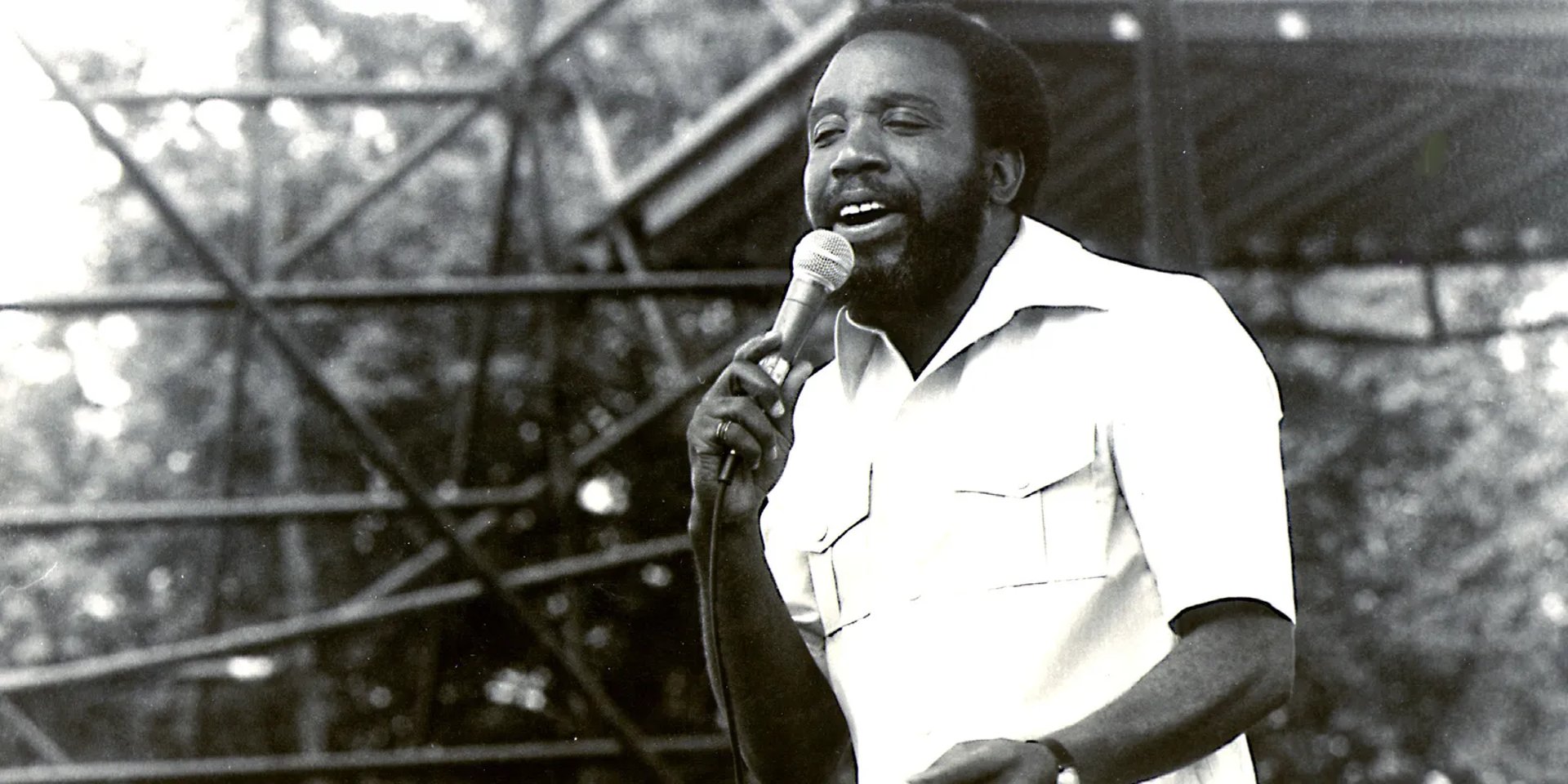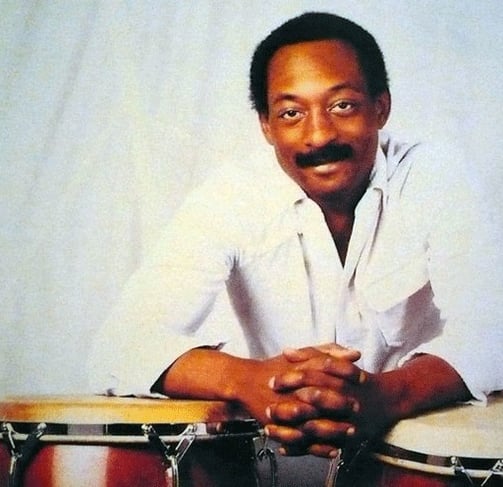Available on Alexa as well as a host of music playing apps Please use the command " Alexa launch Rare Groove Radio"

Artist of the Week
Sending out the love
Percussionist, steelpan virtuoso, songwriter, musical arranger, and record producer Ralph Anthony MacDonald. Born 15th March 1944 in Harlem, New York, he grew up under the close mentorship of his Trinbagonian father, Patrick MacDonald (a calypsonian and bandleader originally from Trinidad and Tobago who used the stage name "Macbeth the Great"). Ralph began showing his musical talent, particularly with the steelpan, and when he was 17 years old started playing pan for the Harry Belafonte show.
He remained with the Belafonte band for a decade before deciding to strike out on his own. In 1967, together with Bill Eaton and William Salter, he formed Antisia Music Incorporated. Antisia is based in Stamford, Connecticut.
In 1971, Roberta Flack recorded "Where Is the Love", which Ralph and William had written. He also played on the session for the song. The duet with Donny Hathaway won a Grammy Award for Best Pop Performance by a Duo or Group with Vocal. The single was awarded gold status and sold more than one million copies.
He performed on Herbie Mann's album "Discothèque" in 1975 and one of his best-known co-compositions "Just the Two of Us", sung by Bill Withers reached number two on the Billboard Hot 100, and has since been covered and sampled by many artists.
Ralph regularly travelled back to Trinidad and Tobago, where he renewed his work in the steelpan, particularly on the hills of Laventille, Trinidad with the multiple Steelband Panorama champions Desperadoes Steel Orchestra, whose shows he attended and with whom he played whenever he got the opportunity, "beating iron" in "The Engine Room" (as a steelband's rhythm section is often called). Calypso and the steelpan were Ralph MacDonald's roots. He recorded a song called "You Need More Calypso", written by William Eaton to articulate how he felt the music world could more benefit by the genre his homeland had given to the world.
As well as recording eleven solo albums from 1976 to 2008 Ralph's recording collaborations number in the hundreds and include Patti Austin, James Brown, Merry Clayton, Randy Crawford, Roberta Flack, Donny Hathaway, Al Jarreau, Burt Bacharach, George Benson, Teddy Pendergrass, Grover Washington Jr., Hubert Laws, Aretha Franklin, Art Garfunkel, Billy Joel, Quincy Jones, Carole King, Miriam Makeba, David Sanborn, Paul Simon, Steely Dan, James Taylor, Luther Vandross, Amy Winehouse, Bob James, Ashford and Simpson, Nana Mouskouri, The Average White Band, Hall & Oates, The Brothers Johnson, and he spent years as a charter member of Jimmy Buffett's Coral Reefer Band.
Very sadly on December 18th, 2011, Ralph died of lung cancer. He is survived by wife, Grace, and four children Jovonni, Anthony, Atiba and Nefra-Ann. He was cremated, with his ashes buried at the Woodlawn Cemetery in the Bronx, New York.


Artist
Ralph MacDonald
Born:
15th March 1944
Passed
18th December 2018
Artist Bio
Featured Tracks
Our mission
We're on a mission to change the way radio is listened to. We want to show the love and appreciation to under played tracks and artists, who have given us such brilliant music but not given the exposure they deserve.
Our vision
To share the love and spread the vibe. Its rare for a reason and long may it stay that way, but now it doesn't have to be a rare occasion to hear quality.
© 2025 Rare Groove Radio. All Rights Reserved.



Keeping Rare Grooves Alive, One Track at a Time.
Quick Links
Useful Links
Get in Touch
